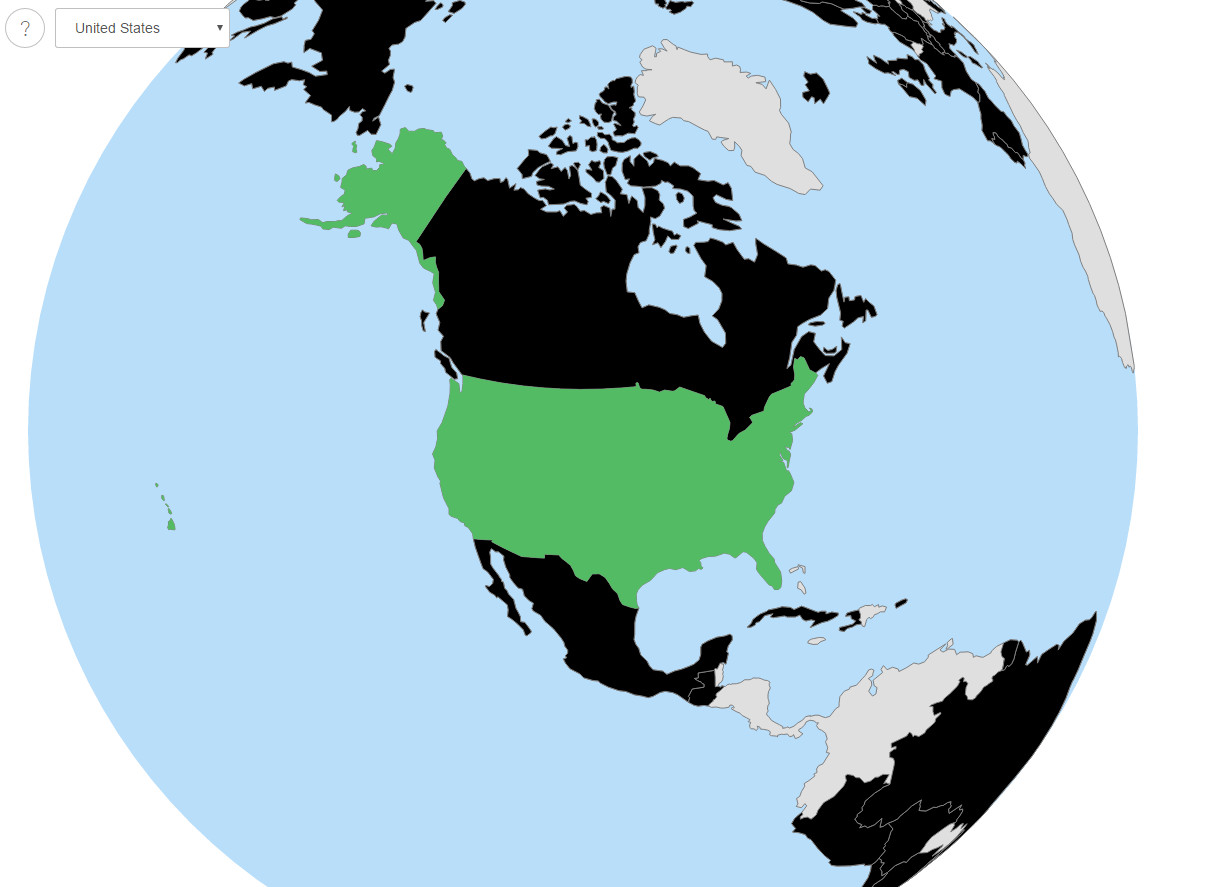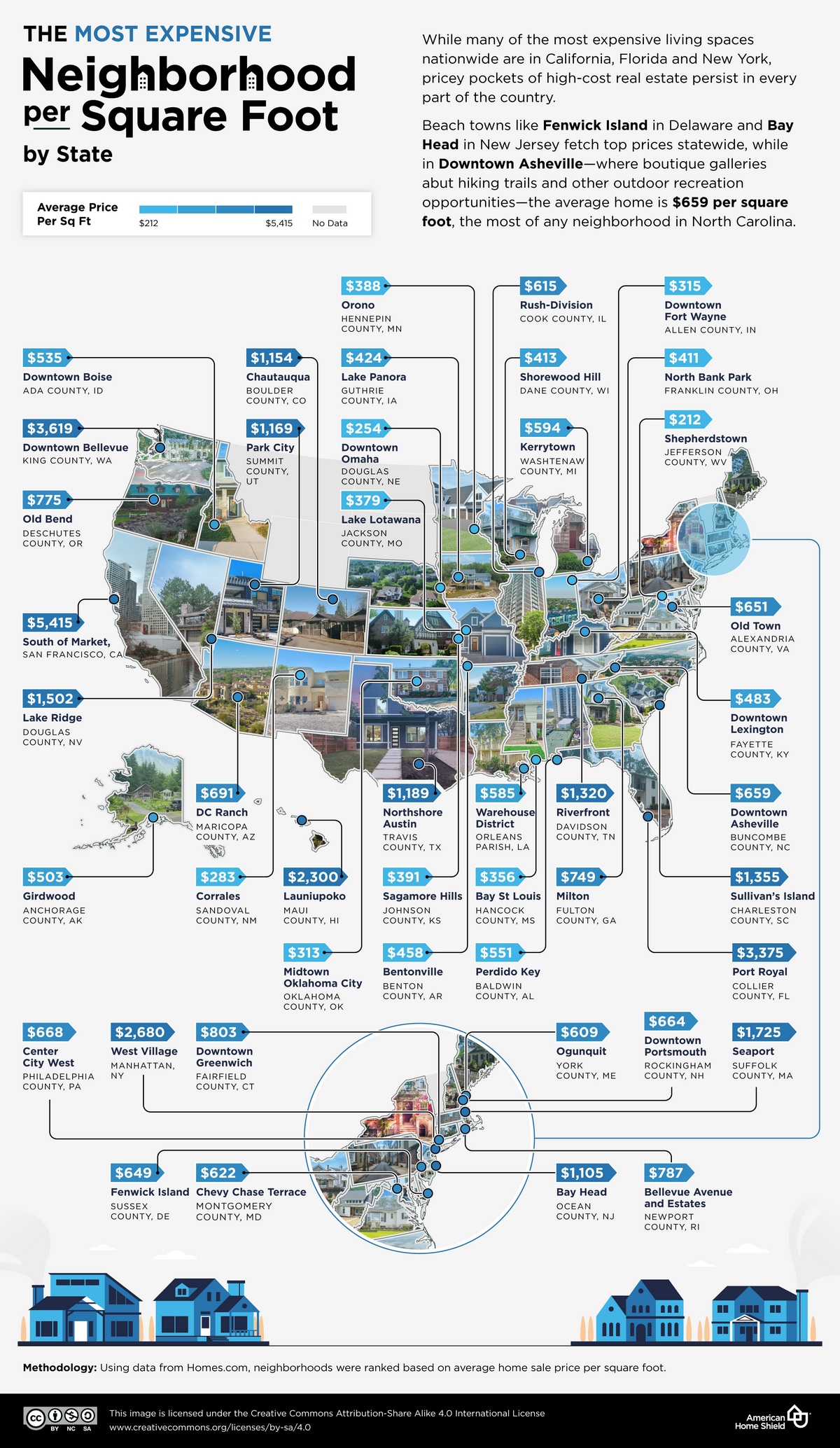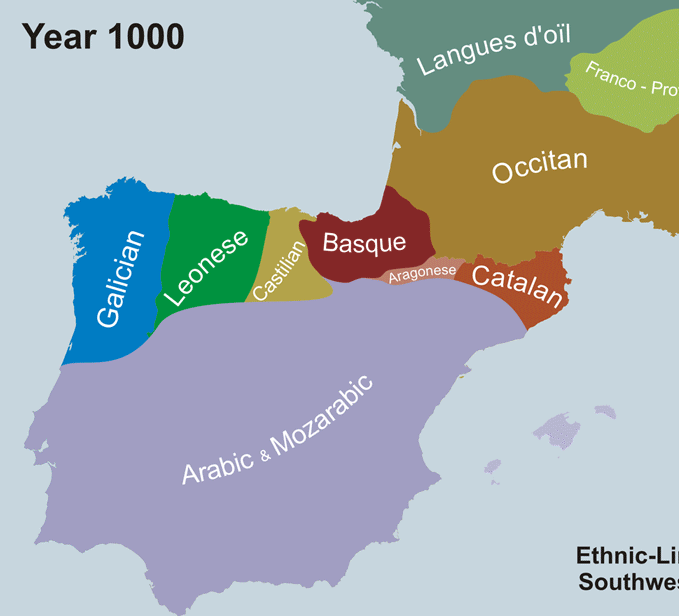The History of Iberia
This post may contain affiliate links. As an Amazon Associate, we earn from qualifying purchases.
The Iberian Peninsula, comprising present-day Spain and Portugal, has a rich and complex history that spans millennia. From ancient times to the modern era, this region has seen the rise and fall of numerous states, empires, and cultures.
Table of Contents
Ancient Iberia: Pre-Roman Times
Long before the Romans set foot on the Iberian Peninsula, it was home to various indigenous tribes and cultures. The Iberians, Celts, and Tartessians were among the early inhabitants, each contributing to the region’s diverse cultural landscape. The strategic location of the peninsula attracted Phoenician, Greek, and Carthaginian settlers, who established colonies along the coast.
The Roman Conquest and Legacy
In the 3rd century BCE, the Romans began their conquest of Iberia, which they called Hispania. The Roman Empire brought significant changes to the region, including the introduction of Latin, which laid the foundation for the Romance languages spoken today. Roman infrastructure, such as roads, aqueducts, and cities, left an enduring legacy that can still be seen across the peninsula.
The Visigothic Kingdom
With the fall of the Western Roman Empire in the 5th century CE, the Visigoths, a Germanic tribe, established the Visigothic Kingdom in Iberia. This period saw the consolidation of various Roman provinces into a single political entity. The Visigoths adopted Roman customs and Christianity, but their rule was challenged by internal strife and external threats.
The Islamic Conquest
In 711 CE, the Moors from North Africa invaded Iberia, swiftly conquering most of the peninsula. The establishment of Al-Andalus marked a new era of Islamic rule, characterized by significant cultural and scientific advancements. Cities like Córdoba and Granada became centers of learning and culture, where Christians, Muslims, and Jews coexisted relatively peacefully.
The Christian Reconquista
The Reconquista, a series of campaigns by Christian kingdoms to reclaim territory from the Moors, began in the 8th century and lasted until 1492. This period was marked by the rise of powerful Christian states such as Castile, Aragon, and Portugal. The Reconquista culminated in the capture of Granada in 1492, uniting Spain under Catholic Monarchs Ferdinand and Isabella.
The Age of Exploration and the Iberian Empires
The unification of Spain and the formation of Portugal as a separate kingdom set the stage for the Age of Exploration. Iberian explorers like Christopher Columbus, Vasco da Gama, and Ferdinand Magellan undertook voyages that would expand European knowledge of the world and establish vast overseas empires. Spain and Portugal became global powers, controlling territories in the Americas, Africa, and Asia.
Modern Iberia: The Formation of Spain and Portugal
The modern history of the Iberian Peninsula has been shaped by the consolidation of national identities and the challenges of maintaining vast colonial empires. The 19th and 20th centuries saw significant political and social upheavals, including the Peninsular War, the loss of colonies, and the rise and fall of dictatorships. Today, Spain and Portugal are democratic nations with rich cultural heritages that continue to influence the world.
This animated atlas will show the entire history of the Iberian Peninsula from ancient times to modern times.
Key Historical Highlights
- Latin to Romance Languages: With the fall of the Roman Empire, Latin began to evolve into various Romance languages. Early forms of Castilian, Galician-Portuguese, Catalan, and Aragonese emerged during this period.
- Arabic Influence: The Arabic influence on Spanish is significant, with thousands of words in modern Spanish derived from Arabic, especially in areas like mathematics, science, and daily life (e.g., “algebra,” “azúcar” for sugar).
- The Formation of Modern Languages: As Christian kingdoms expanded during the Reconquista, regional languages like Castilian, Catalan, Galician, and Portuguese began to solidify. Castilian Spanish gained prominence, especially with the unification of Spain under the Catholic Monarchs in 1492.
- Standardization and Spread: With the rise of the Spanish and Portuguese empires, these languages spread globally. Castilian Spanish became the standardized form of Spanish, while Portuguese was standardized in Portugal.
For those interested in exploring the rich history of the Iberian Peninsula, here are some highly recommended books available on Amazon:
- The Basque History of the World by Mark Kurlansky – A fascinating account of the Basque people and their influence on Iberian history.
- Spain: The Centre of the World 1519-1682 by Robert Goodwin – An in-depth look at Spain’s golden age and its impact on global history.
- Conquerors: How Portugal Forged the First Global Empire by Roger Crowley – A thrilling narrative of Portugal’s age of exploration and its creation of a global empire.
- Iberia: Spanish Travels and Reflections by James A. Michener – A classic exploration of Spain’s history and culture through the eyes of a master storyteller.
- A Concise History of Spain by William D. Phillips Jr. and Carla Rahn Phillips – An accessible overview of Spanish history from prehistoric times to the present.








